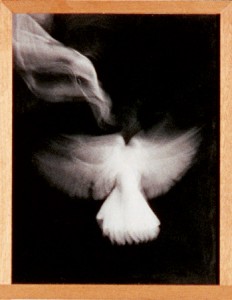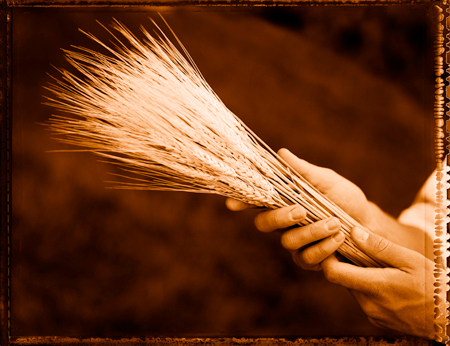 By President Merrill J. Bateman
By President Merrill J. Bateman
FOR some time I have thought about Brigham Young’s challenge to Karl Maeser that every subject should be taught under the influence of the Spirit (see Alma P. Burton, Karl G. Maeser: Mormon Educator [Salt Lake City: Deseret Book, 1953], p. 26). I have generally understood that the instructor should be worthy of the promptings that come from the Holy Ghost, and the student likewise. This is consistent with the Lord’s instructions to Joseph Smith in Doctrine and Covenants 50. With a little license, verses 21 and 22 read as follows:
Therefore, why is it that ye cannot understand and know, that he that receiveth the word by the Spirit of truth receiveth it as it is [taught] by the Spirit of truth?
Wherefore, he that [teacheth] and he that receiveth, understand one another, and both are edified and rejoice together. [D&C 50:21-22]
Was President Young’s directive fulfilled by having the Holy Ghost’s influence as a teacher and guide? If so, learning at this institution would be accelerated and the discovery of truth would be enhanced. I suspect, however, that the prophet would not be satisfied if Brother Maeser and those who followed him were to use only one of the gifts available through the Holy Spirit. Yes, the Holy Ghost is a great teacher and will lead us to truth. But there are many gifts that He is willing to share with those who are prepared and seek after them (see D&C 46:8).
For example, do we as faculty and staff seek the gift of discernment to know what our students comprehend and what they do not? Have you suddenly become aware of a particular student and realized that he or she missed a key point? I will never forget sitting on the stand as a bishop in a fast and testimony meeting. As I looked out over the congregation, I could tell which members needed help and the nature of the problems they were facing. Is it appropriate for a faculty member at Brigham Young University to enjoy this same power? Why not? The teacher with this gift senses the impact of his or her teaching and is able to assess what should be done to enhance student understanding. The gift allows one to tailor the help for each individual and to create more effective ways of communicating. Elder Maxwell often speaks of the Lord’s ability to tailor lessons to each person’s needs. I am convinced that the Lord will share this power with us if we seek after it. He will do so because our intent is to bless others.
What about the gift of love? This power is a fruit of the Spirit (see Gal. 5:22). Do we ask the Lord to bless us with a special care and concern for those whom we teach? I know from personal experience that one becomes a more effective teacher when he or she has strong positive feelings toward those being taught.
Worthy missionaries are blessed in due course with a special gift of love for those whom they are called to serve. As a stake president I interviewed a large number of young men and women returning from the field. I could tell in a very short time how effective they had been as teachers by the feelings they had for the people. Is our calling to teach 30,000 young Church members any less significant? I believe we are entitled to this fruit, and our effectiveness depends on it. Without it we may instruct, but we will never edify!
Finally, I pray that each of us will have the gift of wisdom—even above the gift of knowledge. I pray that we will be wise in our relationships with students, that we will be sensitive to the trust that has been placed in us to nurture their testimonies. I hope we will be wise in using the resources made available to us. They are the consecrations of the Saints and include the widow’s mite. May we be wise in seeking ways for BYU to bless all members of the Church.
May we have the wisdom to appreciate the incredible future of this university and the great opportunity and blessing it is to be a part of it. May all of us commit to the eternal destiny of this institution.
This article is excerpted from BYU president Merrill J. Bateman’s 2002 Annual University Conference address, “The Challenges of the 21st Century,” which can be read in its entirety at speeches.byu.edu/ auc/02AUC_Bateman.html.








